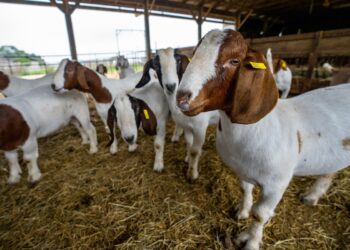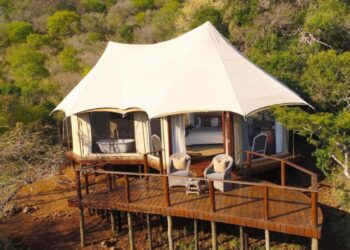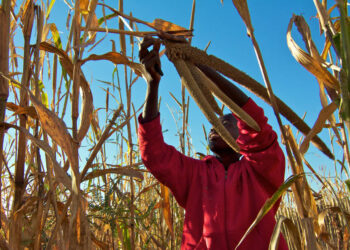
The National Water Utility (NamWater) has released three tenders worth millions for the construction of treatment water plants at Oshakati, Rundu and the Ohangwena well field, in an effort to boost pressure and improve accessibility in urban and rural areas.
For the Ohangwena well field, whose bid document is going for N$1,000, the bidder is required to present a bid security of N$8 million in the form of an unconditional bank guarantee. For Rundu, the bidder should present N$24 million, while N$16.5 million is required for the Oshakati project in securities.Â
“An expanded purification plant for Oshakati means more capacity to supply water to Oshana, Oshikoto and partially Ohangwena. The current plant has reached its lifespan hence the backup if we are to meet the water demands. Eventually, we will also replace old pipelines connecting these regions to enable us to pump water at the desired pressure mostly to the Oshikoto region,” said the Ministry of Agriculture Water and Land Reform spokesperson Jona Musheko.Â
Musheko further said the same will be done in Rundu, increasing the water supply to villages around Rundu.
“This however does not include boreholes we have been drilling in Kavango West and Kavango East. Boreholes are meant for all areas without pipelines, yet with potable underground water. The approach is to utilise all possible avenues to supply water to the people,” he explained.Â
For the Ohangwena wellfield, he said, it will be a continuation of infrastructure development the ministry is setting up to sustainably utilise the Ohangwena Aquifer.
Last year, the Minister of Agriculture, Water, and Land Reform Calle Schlettwein launched the Ohangwena Well field project in the Oshikunde constituency, with the aim of providing water to constituencies.Â
“We’ve numerous initiatives in various regions meant to address water needs through the Namibia Water Sector Support Programme (NWSSP) and our Directorate of Water Supply and Sanitation Coordination (DWSSC). Early this year, we entered into an agreement with the Environmental Investment Fund to procure mini-desalination plants meant for areas with salty water, of which the procurement process is almost finalised. We are targeting Kunene, Ohangwena, Oshikoto, Kavango West, Kavango East, Zambezi and //Kharas Regions,” Musheko said.
Adding to that, there is ongoing work to refurbish the NamWater canal that feeds the Oshakati Purification Plant.
“We hear every cry on water scarcity and we are addressing the needs with the urgency it deserves.”Â
In April, Agriculture, Water, and Land Reform deputy minister Anna Shigwedha, said the ministry set aside N$413 million for rural water infrastructure development and sanitation for the current fiscal year. This forms part of a long-term investment the ministry has committed to that is estimated at N$10 billion, with the vision of addressing water woes in the next five years.Â
At the time, Shiweda also said, the Ministry had secured a loan of N$1.9 billion from the African Development Bank (AfDB), which it plans to contribute N$878 million over a five-year period for the implementation of the Water Sector Support Programme (WSSP).
This coincides with the tender notice which indicates that the water purification plants will be funded using a loan acquired from the African Development Bank.
“We are not going to reveal the amount allocated to the various tender because it will be subjudice as it will give the bidders an idea of how much we have thus influencing the bidding. Therefore, we are trying to also get the best bidder in the absence of a definite allocation, thus their costing won’t be inflated,” said Musheko when asked about the value of the tenders.
The government has taken a hard stance on addressing water scarcity and inaccessibility in the country.
This is further evidenced by another loan which was signed off in December 2022 by the Minister of Finance and Public Enterprises, Iipumbu Shiimi, Abraham Nehemia, CEO of NamWater, Conrad Lutombi, CEO of Roads Authority (RA), and Beatrice Lucke, Country Director to Namibia of the German Development Bank, KfW.
The concessional loans amounting to N$2 billion will be co-financed by the Germany Development Cooperation through KfW Development Bank. The loans are intended to fund the construction and rehabilitation of key water and road infrastructure in the country.
Of the amount, N$746 million was set aside to secure supply for the country’s central area through the construction of a second Direct Potable Reclamation Plant (DPR 2). Another portion of N$932 million was signed to support the Namibian Water Sector Support Program (WSSP).











